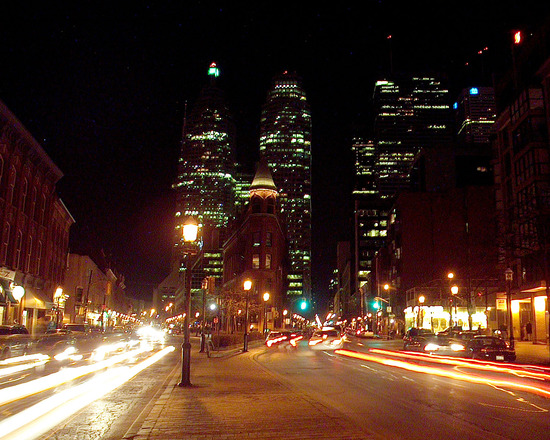Toronto has been going through an incredibly difficult time over the last two decades. Working families have seen their wages stagnate and living costs soar. They’ve felt frustration from a transit system that is lagging and city services that are constantly decreasing accessibility.
Earlier in June, City Council directed its staff and agencies to cut their budgets by 2.6 per cent. A directive that would see social housing standards decline, waitlists for city programs grow and increased precarity among the frontline workers who deliver the helping hands to Torontonians.
The city is at an impasse, where we can either collectively increase expectations of what living in Toronto should feel like or ask residents to live with less. It isn’t a secret to anyone that after the provincial government downloading of programs and amalgamation, the city has experienced tremendous constraint. This squeeze is not because of a bloated bureaucracy — as some would have you believe, but because the cost of running a city, like anyone’s home, has increased and yet our base for revenues has remained static.
Toronto needs new revenues — to build subways and fix roads but also to increase social programs that prevent gun violence, increase access to child care and provide safe recreational opportunities to young adults and children. We need to prioritize the value of social investment just as much as we need to prioritize physical infrastructure. Imagine what financial shape the city would be in without the land transfer tax — it has been the saviour of programs and services that are crucial to the well-being of Toronto.
Toronto City Council will need to act on new avenues for bringing income to the city budget, and we need to look at what can create the greatest amount of public good with the least amount of burden upon residents. There are a wide variety of options being discussed. Some raise a lot of money, others just a few million. There is no escaping the fact that if we want a world-class city we will have to pay for it. It would seem obvious that those who have the most must step up and pay a fair share.
Toronto’s real estate has become some of the most valuable in the world and commercial landowners have benefited from a booming real estate market. Creating a commercial parking levy for malls and major office buildings could raise anywhere from $171 million up to $535 million depending on the rate set. If the parking lot owners can charge $30 per day for parking downtown they can pay a small fee to the city for maintaining the roads their customers drive on, their sidewalks and other infrastructure.
There should be exemptions for small strip malls where independent local stores are located. But when the giant malls are making massive increases in sales in one year — anywhere from 18 per cent for Yorkdale; eight per cent for Fairview and the Eaton Center; to 33 per cent for the Royal Bank Plaza — they can surely afford to ease the burden of property tax on people with modest or fixed incomes.
Almost all of the options for new revenues were rejected by City Council during the Ford days. There is a process to review them again, but road tolls are highly controversial and the province has not agreed to give the city power to apply income or sales tax. A hotel room tax, which the McGuinty government refused to allow Toronto to utilize, is well overdue.
There is no doubt that the massive corporations who would contribute to a commercial parking levy would launch a fierce lobby of city hall. They did last time, and will again. But these are the same entities that have benefitted richly from the deep cuts to corporate tax rates at both the federal and provincial levels over the past decade. And as every chart will illustrate, it’s the one per cent who have appropriated all of the increased wealth since the 2008 meltdown, leaving everyone else with stagnant wages and the next generation with precarious jobs.
We all have a choice — we can be resigned to expect a city that does less and provides less, or we can advocate for a city that creates opportunities and ensures equity of access and development. Working families deserve something better, and we urge Council to make the tough decisions to invest in our future and make the tax system fairer in the process.
Maureen O’Reilly is the chair of the Municipal Committee of the Toronto and York Region Labour Council and President of the Toronto Public Library Workers Union. John Cartwright is President of the Labour Council.
Like this article? rabble is reader-supported journalism. Chip in to keep stories like these coming.
Like this article? rabble is reader-supported journalism. Chip in to keep stories like these coming.



